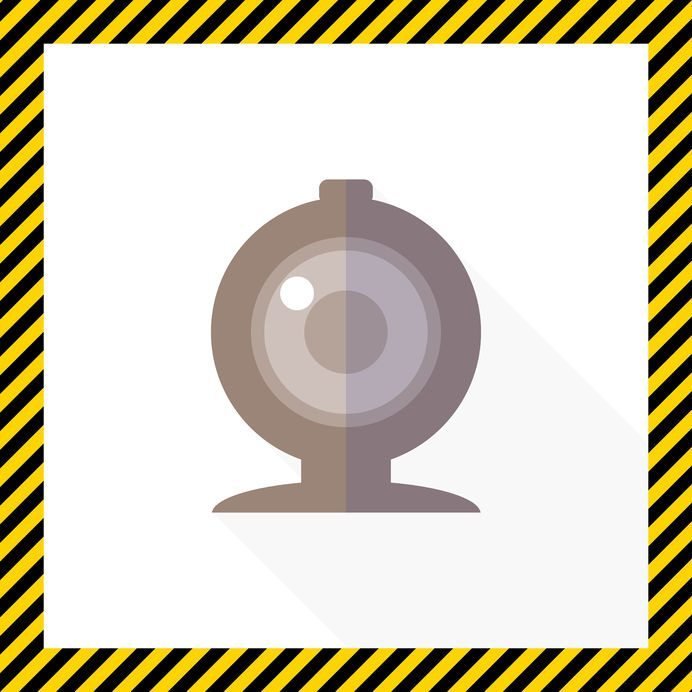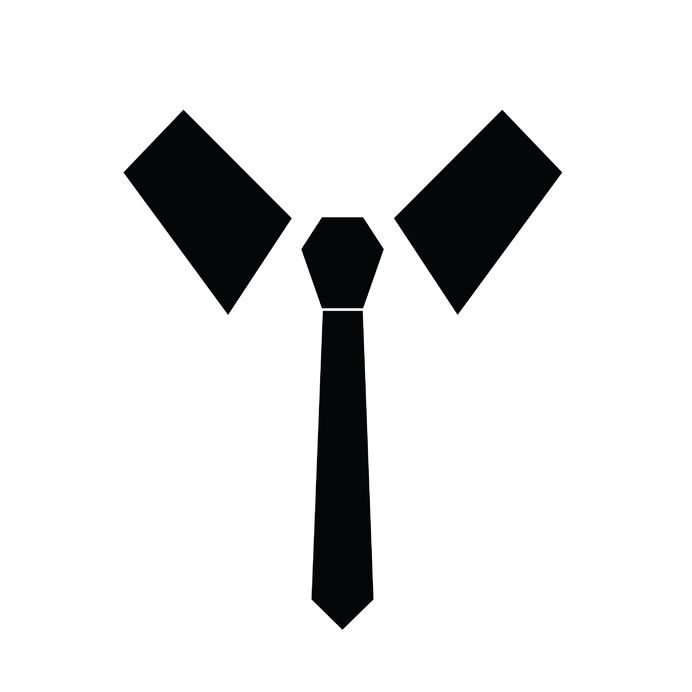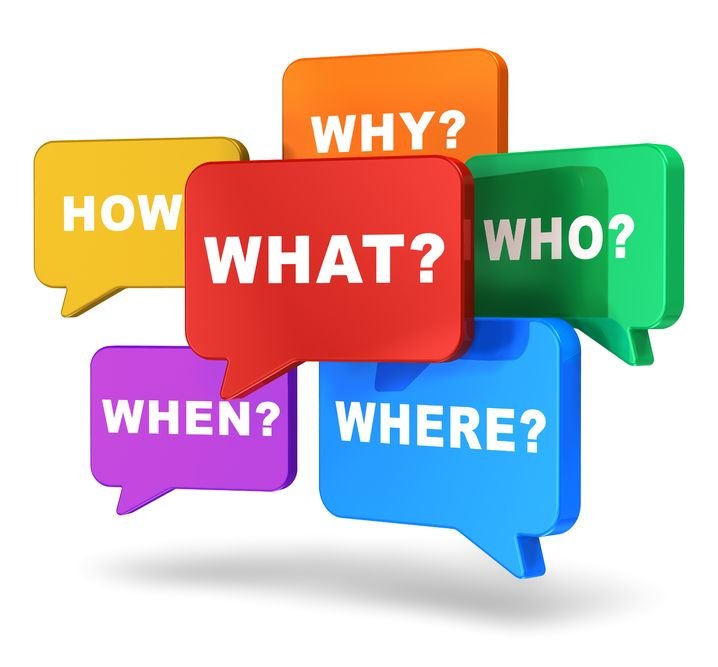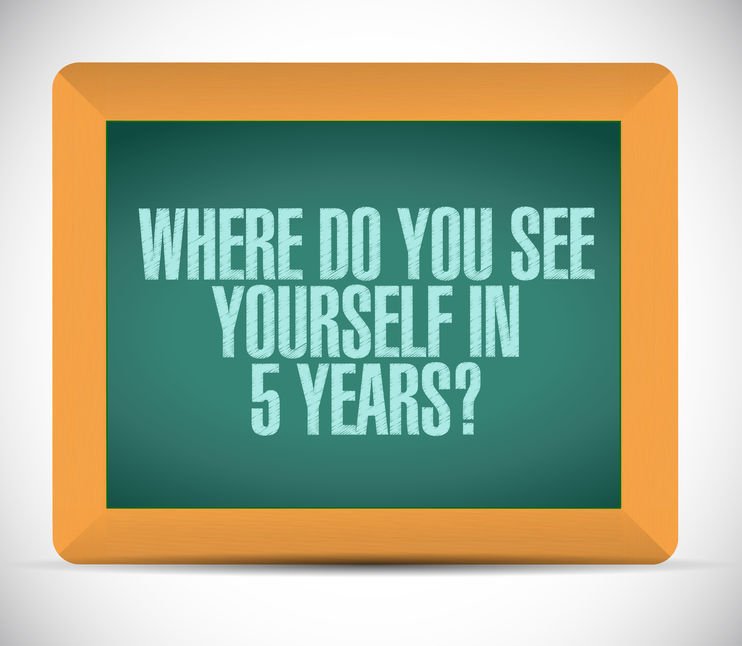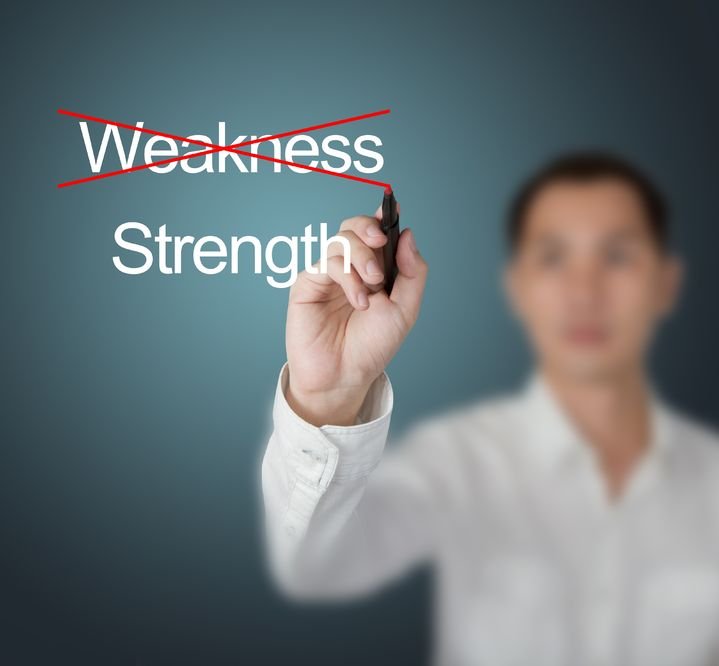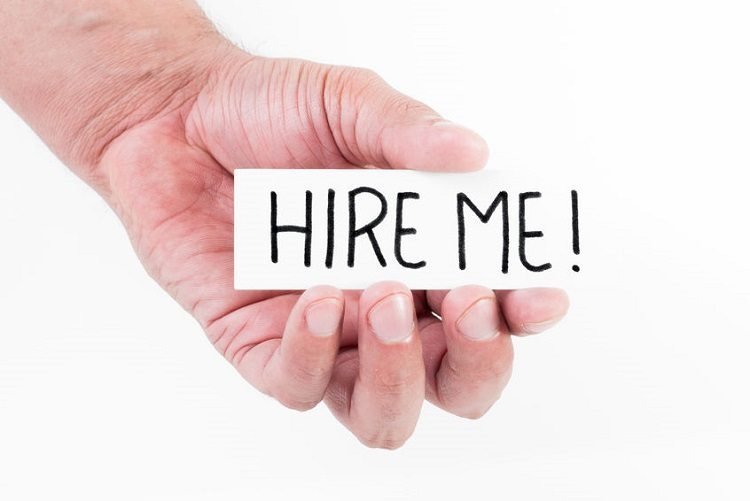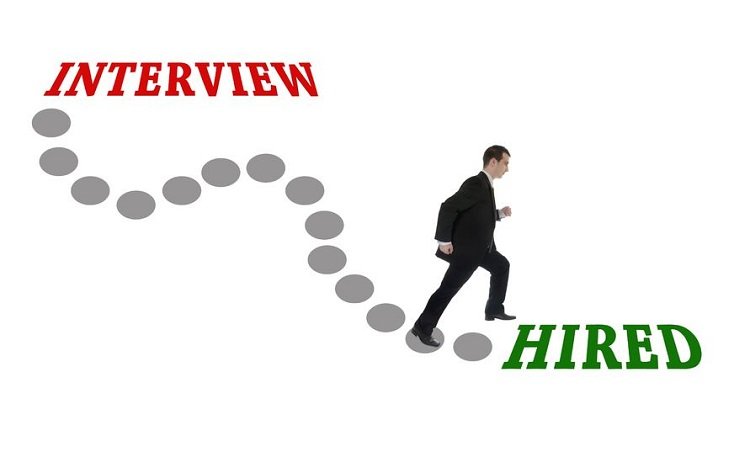Phone and video interviews are quite common nowadays. In the early stages of the selection process, they can be a useful tool for employers/recruiters to save time, effort and money.
For you, as a job seeker, the idea of a video interview might be exciting or downright terrifying.
Thankfully, the tips in this guide should help even the most nervous candidate feel more cool and collected during their next important video interview.
What Kind of Video Interviews are there?
Generally speaking, there are two primary types of video interviews that you might be required to perform: live video/Skype interviews, and pre-recorded interviews.
The preparation for each type of interview is different, so being educated on the qualities expected of you in each scenario is important.
When performing a Skype/live video interview, you will first and foremost need to be intimately familiar with the chat platform/program being used. If your connection starts being faulty halfway through the interview, you need to be calm enough to troubleshoot the program without seeming non tech-savvy.
In addition to being familiar with the program, you will want to make sure your Skype account is free of any unprofessional content.
When filming your own video interview, however, the prep and requirements are a little less in-the-moment. Usually, you will be given a link to a page that lists the file type/size requirements of the video, as well as the content it should contain, and the delivery format that is desirable.
Take note of every detail of these instructions carefully and ensure that you stick to the guidelines.
You will want to make sure the equipment you are using is of decent quality, and that your presentation is professional and suited to the job you’re applying for.
How Do I Give a Knockout Performance in a Video Interview?
Some of the biggest keys to a successful interview is non-verbal communication and physical presentation.
In a video interview, you are often able to have much more conscious control over these attributes, especially in ones you record yourself.
To help you prepare for a knockout performance, here are five tips that will make you come off as highly professional:
- Be Calm
Nothing harms your professional appearance like your emotions. If you cannot give off a calm and collected demeanor, you will seem like someone who might be difficult to work with.
Due to the uncertainty involved, most people are at least a bit nervous before/during an interview.
The best way to beat/reduce the nervousness is through practice and preparation.
Doing a small practice session a few hours before an interview can be a great way to control some of that nervous energy.
If you are doing a pre-recorded interview, do several takes, ultimately choosing the one where you appear the most confident and focused.
- Manage Your Overused Words, Tics and Gestures
We all have certain words that we use often (e.g. like, um, so).
While these may sound fine in person and during an actual conversation, they could be off-putting over video. Similarly you might have a habit of moving your hands around too much or twitching your nose every now and then.
Record yourself answering a few interview questions and take note of overused words and gestures/ticks.
Seeing yourself on video provides great feedback, which you can use to smoothen things out.
- Eye Contact is Important
Everyone knows that eye contact is key.
Without good eye contact, you will appear both disinterested, and awkward. Both of these reflect poorly on you.
Maintaining eye contact can be a bit tricky, especially over live video. To appear like you are making eye contact, move the window with the image of the other person, as close to your webcam as possible.
Doing this will feel more like a real conversation for you, since you’re looking at the person and will give them the impression of you maintaining good eye contact.
- Keep an Honest Smile
Similar to eye contact, smiling is of utmost importance and can help to build rapport during an interview.
You want to find a nice balance between friendly and normal, that never comes off as “too eager to please” or creepy.
Don’t be afraid to laugh either, but avoid laughing at every other comment that seems to be humorous.
Just be yourself. If something is funny, smile. If something is very funny, laugh.
- Be Conscious of Your Posture
When it comes to body language during an interview, in addition to smiling, make sure you sit straight up, without looking like you are forcing yourself to be stiff.
A nice mixture of relaxed and ready is the key to having good posture in an interview situation.
When pre-recording your own interview, it can be easy to judge your posture too harshly, so always make sure you have a trusted confidant give you an honest opinion on how you come across. (Getting general/overall feedback on a pre-recorded interview from a few people is good practice as well)
What About my Setup During the Video Interview?
- High-Quality Webcam
Never skimp on your webcam choice.
While you do not need a webcam meant for a professional, you want one that is clear, has good focusing abilities, and that deals well in all types of lighting.
Generally it’s better to use an external webcam.
- Do You Need a Headset?
Whether or not you will need a headset ultimately comes down to the audio quality of your setup.
If the webcams built-in camera or your own microphone can clearly pick up your voice without also including tons of distracting background noise, you do not need to invest in a headset.
However, if you cannot achieve this with your base setup, a nice quality headset is always recommended.
Communication is key in any interview situation, so make sure you can perform your interview without a million pauses for clarification.
- Use Up-to-Date Software
Without the proper up-to-date software, your webcam setup may not work with certain video chat platforms.
Always update your device software before your interview date.
- Lighting
Masked sure that you are sitting in a place with ample light and that the light around your face is evenly spread.
- Physical Appearance
This is perhaps the simplest tip on the list: look professional and well groomed.
If you wear clothes that are too distracting, you will hurt your ability to communicate effectively, so always keep it professional.
Always make sure you do not overdress/underdress, but instead dress appropriately for the job you are pursuing.
Some additional guidelines for video:
- Don’t wear white: It tends to be too bright and distracting.
- Avoid too much of black: Webcams often adjust to show the black levels properly, which can cause your face to look washed out.
- Wear softer and solid colors, without too much contrast
- Check Your Background
Keep your background simple, clean, and non-distracting.
A plain wall is failsafe.
A good thumb rule to keep in mind, is to have the background at least 3 feet behind you.
- Internet Connection
Nothing hurts a video interview like a bad connection.
If you do not have a high-quality and stable connection in your home/workplace, you should find a quiet location where you can access a better connection.
Doing this will make or break your interview, so if you skip any step, make sure it is not this one.
- Always Test Your Setup Before Interviewing
Having a simple error that could’ve been avoided by a test run is embarrassing and unprofessional.
If you test equipment beforehand, the chances of you running into issues are significantly decreased. To ensure you are ready for a smooth interview, test everything at least twice on the day that you are performing the actual interview.
- Keep Free of Distractions
Minimize any distracting elements in your interview area. If you have pets/children, have someone take care of them while you perform your interview.
Additionally, make sure any alarms or other distracting potential sounds are disabled. Doing this will help assure that you can stay focused and professional throughout your video interview.
You should now be ready to take the video interview world by storm! Stay professional, prepared, and practiced and you will be sure to land the dream job you’re chasing!

